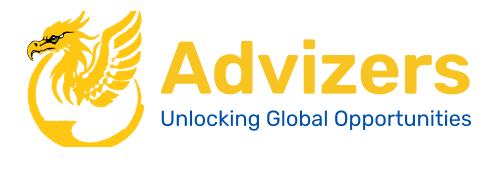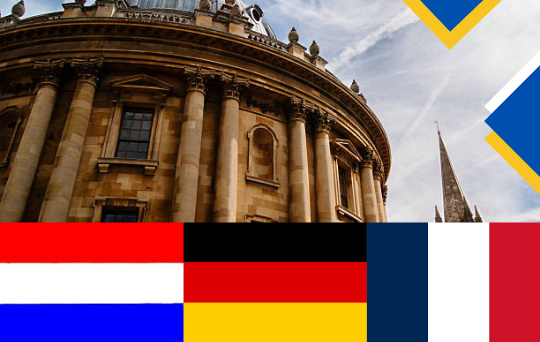Are you an international student or parent looking to explore European university options? With a wide range of academic programs, research opportunities, and cultural experiences, Europe is an attractive destination for international students. In this blog, we will provide an overview of the university admissions process in Europe, focusing on Germany, France, and the Netherlands.
Language Requirements
Language requirements vary across European countries. Here’s what you need to know:
- Germany: While many programs are taught in English, proficiency in German is often required. You may need to take a language proficiency test, such as TestDaF or DSH.
- France: Proficiency in French is usually required, and you may need to take a language proficiency test, such as DELF or DALF.
- Netherlands: Many programs are taught in English, but proficiency in Dutch may be required for some programs.
Application Deadlines
Application deadlines vary across European countries and universities. Here are some general guidelines:
- Germany: Application deadlines are typically between January and July for programs starting in the winter semester (October).
- France: Application deadlines are typically between January and May for programs starting in the fall semester (September).
- Netherlands: Application deadlines are typically between January and May for programs starting in the fall semester (September).
Scholarship Opportunities
Many European universities offer scholarship opportunities for international students. Here are a few options to explore:
- DAAD Scholarships (Germany): The German Academic Exchange Service (DAAD) offers scholarships for international students.
- Eiffel Excellence Scholarship Program (France): The French Ministry of Europe and Foreign Affairs offers scholarships for international students.
- Orange Knowledge Programme (Netherlands): The Dutch government offers scholarships for international students from developing countries.
Additional Requirements
In addition to language requirements and application deadlines, you may need to provide additional documents, such as:
- Transcripts and diplomas: Official transcripts and diplomas from your previous academic institutions.
- Letters of recommendation: Letters of recommendation from academic or professional referees.
- Personal statement: A personal statement or motivation letter explaining your academic and career goals.
Conclusion
Exploring European university options can be a great way to expand your academic and cultural horizons. By understanding the language requirements, application deadlines, and scholarship opportunities, you can take the first step towards pursuing your academic goals in Europe.
At Advizers, our experienced admissions counsellors can provide personalized guidance and support throughout the European university application process. From navigating language requirements to securing scholarship opportunities, we can help you every step of the way. Schedule an appointment today to take the first step towards exploring European university options!







